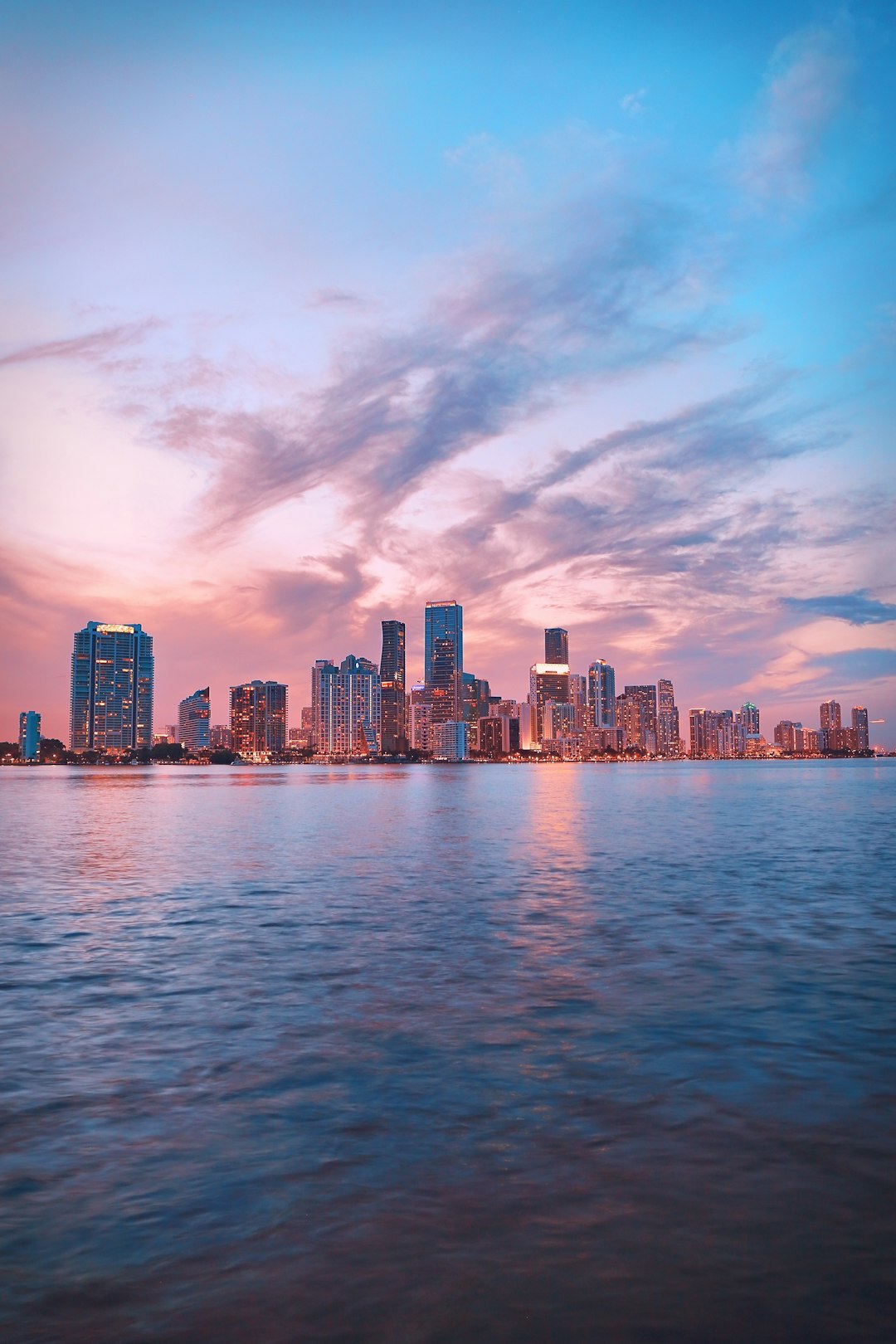The local news vampire formerly known as Gannett | State pot watchdog drops ball on THC-infused beverages popping up everywhere | Half empty office buildings spell trouble for Boston | State ed chief moving on | Quick hits |
News tips? Story ideas? Email us at sbvanvoorhis@hotmail.com
Trouble ahead: Boston faces financial challenges amid big jump in downtown building owners seeking tax relief
Hundreds of downtown Boston property owners are seeking a break on their taxes amid the office market meltdown, according to stats released Friday to Contrarian Boston by city assessing officials.
And that could spell trouble for city finances, with tens of millions of dollars, and possibly more, in city revenue at stake.
Real estate firms and other commercial landlords are likely seeking big reductions in their tax bills amid the shift to remote work that has left office buildings and towers half empty in Boston and across the country.
All told, there have been 322 applications for tax abatements from building and other property owners in downtown Boston, an increase of more than 27 percent over last year, city assessing numbers show.
While Boston is better prepared than many cities to deal with the collapse in downtown building values thanks to its diverse economic base, it still faces serious challenges, Larry DiCara, a former City Council president, top lawyer, and local political sage, tells Contrarian Boston.

“As these buildings decline in value and Boston braces for the eventual fiscal impact, city government leaders should focus on warding off repercussions of what has been colloquially termed, ‘the Urban Doom Loop,’” DiCara said.
A Wu administration spokesperson said the city is closely monitoring the impact the increase in office vacancy rates is having on the real estate market.
In fact, city officials have been meeting with business leaders and downtown property owners to “explore a strategy to address the potential challenges if commercial values decline significantly in the near term,” said Ricardo Patrón, press secretary for Mayor Michelle Wu.
That said, the city does “not anticipate instability in our revenue streams,” Patrón wrote in an email.
Still, others are more skeptical that Boston will escape unscathed from the office market meltdown, which has hollowed out downtowns across the country.
As much as $100 million in tax revenue may be at stake just this coming fiscal year alone thanks to the flood of abatement applications, according to an estimate by one industry veteran.
Overall, city tax revenue could fall by as much as $1.5 billion over the next five years, according to a recent report by the Boston Policy Institute.
Dereliction of duty? As THC-infused drinks pop up everywhere, state pot regulators AWOL on the issue
It was an all hands on deck meeting.
Shannon O’Brien, the now-suspended chair of the Cannabis Control Commission, gathered regulators from key state agencies for an Aug. 31 conference.
The issue? The explosion of cannabis seltzers and other drinks for sale at local liquor stores, pizza joints, and even gas stations, promising enough THC in each can to get a buzz on.
In theory, Massachusetts restricts the sale of pot products, including cannabis drinks, to licensed medical dispensaries, and has yet to legalize the social consumption of cannabis at bars, restaurants and other venues.
But companies like Cheech & Chong’s are able to mass market their cannabis drinks across the state because the THC is extracted from hemp, a cannabis plant similar to marijuana but not subject to the same legal restrictions.
The meeting drew officials from the state Department of Public Health, the Massachusetts Department of Agriculture and the Alcoholic Beverages Control Commission, according to a screen shot of the invite viewed by Contrarian Boston.
Yet six months later, little if anything beyond some bureaucratic paper shuffling has come out of the summit.
Keep reading with a 7-day free trial
Subscribe to Contrarian Boston to keep reading this post and get 7 days of free access to the full post archives.


